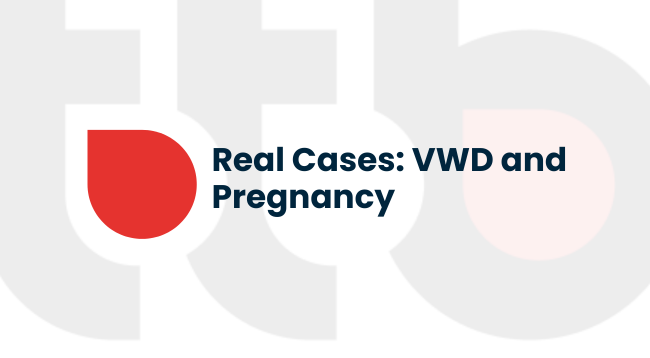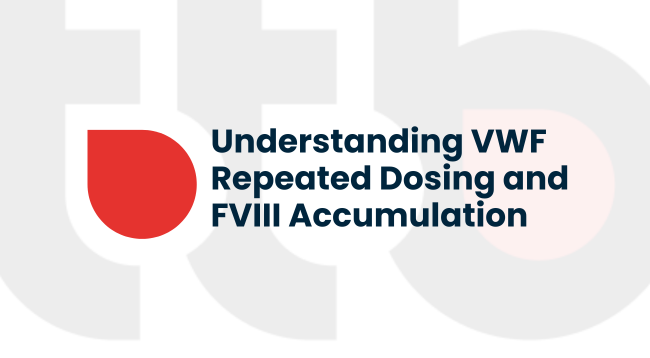FARES-II Trial
4F-PCC vs. Plasma for Coagulopathic Bleeding in Cardiac Surgery
Background
Excessive bleeding occurs in up to 15% of cardiac surgery patients and is associated with increased morbidity and mortality. One major cause is coagulopathy, where depletion of coagulation factors impairs clot formation.
Frozen plasma (FP) is the standard treatment for coagulopathic bleeding, yet its use is associated with risks such as transfusion-related acute lung injury (TRALI) and transfusion-associated circulatory overload (TACO). Despite its widespread use, robust data on its haemostatic effectiveness remain limited.
Four-factor prothrombin complex concentrate (PCC), which contains vitamin K-dependent coagulation factors (II, VII, IX, and X), anticoagulant proteins C and S, and small amounts of heparin, may be a viable alternative to FP. PCC offers several advantages, including a standardised concentration of coagulation factors, pathogen reduction, and the elimination of thawing and ABO matching requirements.
Prothrombin Complex Concentrate vs. Frozen Plasma for Coagulopathic Bleeding in Cardiac Surgery
FARES II was a Phase 3, multicenter, partially blinded, randomized controlled trial conducted in 12 sites in Canada and the United States.
Treating clinicians were unblinded once treatment was initiated.
Patients aged ≥18 years who developed bleeding related to coagulation factor deficiency after termination of cardiopulmonary bypass during surgery(CPB).
Primary outcome
Haemostatic response (effective if no haemostatic interventions occurred from 60 minutes to 24 hours after treatment initiation).



